I’m not going to lie: I never was a big fan of Chris Dodd. He was always a little too liberal for my taste.
But he’s got this financial reform thing figured out.
Maybe it’s the fact that he’s retiring this year and doesn’t need the money from special interests, but Dodd’s financial regulation reform legislation that is making its way through the Senate is not just good, it’s smart.
To understand why, let’s take a trip back to the 1930s and the Great Depression. Banks were collapsing like a house in an earthquake. In 1935, to help stabilize the banking industry and prevent future financial crises, Congress created the Federal Deposit Insurance Corporation, the FDIC, to insure bank deposits and to wind down failing banks.
This greatly enhanced the soundness of the American economic system. Depositors knew that, even if their bank failed, they would still get their money, albeit from the federal government instead of their bank. Financial markets were pacified by the knowledge that the FDIC could go in and wind down institutions that pose systemic risk before the institutions brought down the rest of the financial industry.
That worked great for many years; after all, there were no dramatic financial crises for the next several decades.
[adrotate group=”2″]
However, capitalism, in its relentless search for a bigger profit margin, found ways to take greater risks — and, temporarily, bring in greater profits — by circumventing these regulations. Non-bank institutions, a shadow banking system, developed and became huge and interconnected. Some of these institutions, as we now know, became “too big to fail.”
When these mammoths were about to collapse in the dark days of 2008, the government had very few options to prevent them from failing, for they did not fall under the jurisdiction of the FDIC.
The Treasury could organize a fire sale, backed up by taxpayer funding, as in the case of Bear Sterns. This, of course, puts taxpayers in the unacceptable position of accepting enormous risk. Washington could explicitly nationalize the institutions, as in the case of Fannie Mae and Freddie Mac. Nationalization, however, is not preferable in a market economy like ours. Or, Washington could take the advice of most Republicans and Tea Partiers: let ‘em fail. We did try that, with Lehman Brothers. Credit markets froze and the financial system nearly fell apart.
Now, back to the FDIC. If Washington had had the power to wind down these failing financial institutions – if the FDIC had had the power to wind down non-bank corporations – the death of intertwined leviathans like Bear Sterns and Lehman Brothers would not mean the collapse of the entire financial system. The government would have had the ability to sweep in, reorganize failing companies, sell off the good parts of the company, and liquidate the rest.
This power, “resolution authority”, is given to the federal government in the Dodd bill.
In the words of Billy Mays, “But wait, there’s more!”
The bill would take steps to regulate derivatives, the exotic financial instruments that acted as a catalyst for the crisis. It would also create a consumer protection agency to ensure that consumers know exactly what they’re getting when they buy that adjustable-rate mortgage. Finally, standards for the big three oligopolistic credit rating agencies would be tightened.
Resolution authority, however, is the single most important aspect of the legislation. If we don’t want another financial crisis in six or seven years, the government needs to be given this power.
The Republican threat of filibuster, however, is standing in the way of reform. Call Scott Brown, and tell him to vote yes on the Dodd bill to strengthen American economic security.

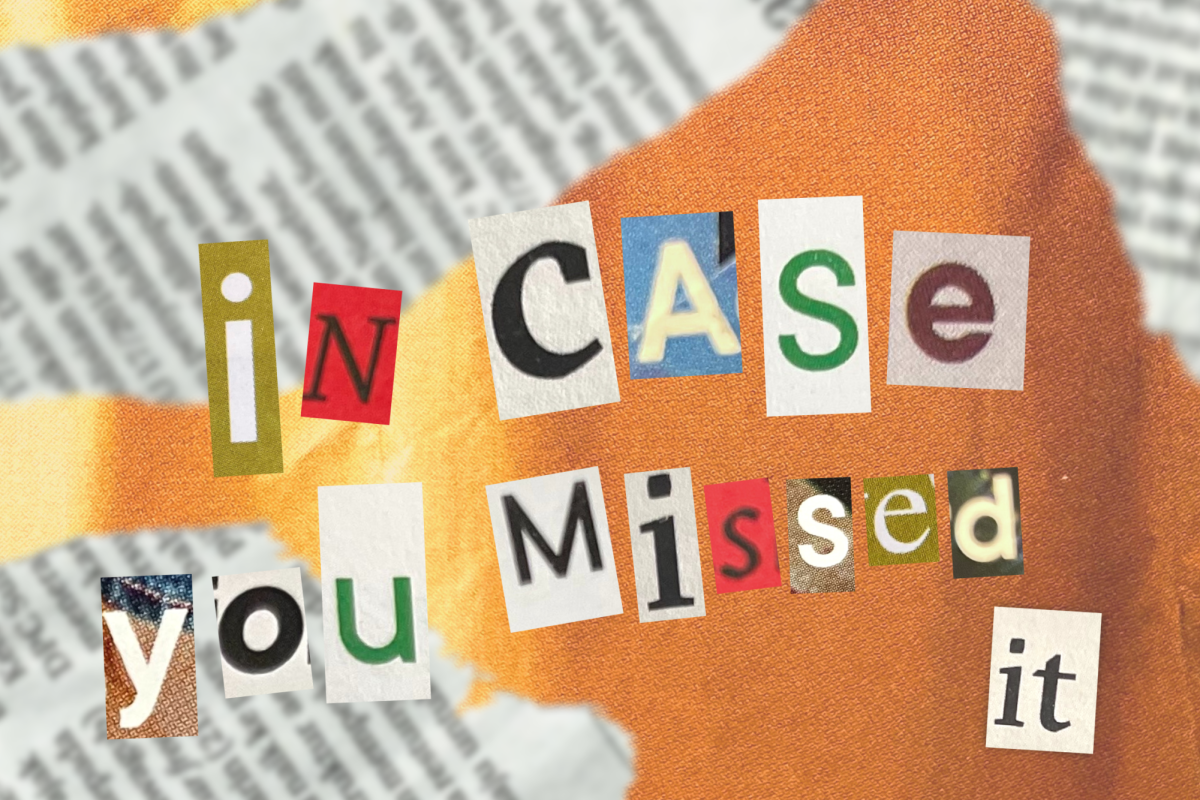



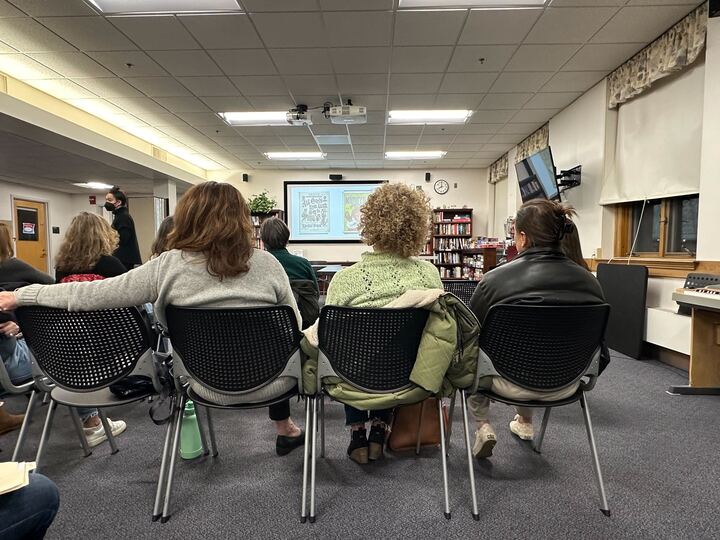





![WSPN’s Annika Martins and Maddie Zajac explore the athletic life of senior Annabelle Zhang through her badminton career. “This [photo] is me and my former partner after we won the 2022 junior nationals mixed doubles category,” Zhang said.](https://waylandstudentpress.com/wp-content/uploads/2024/04/IMG_6629-1200x900.jpg)
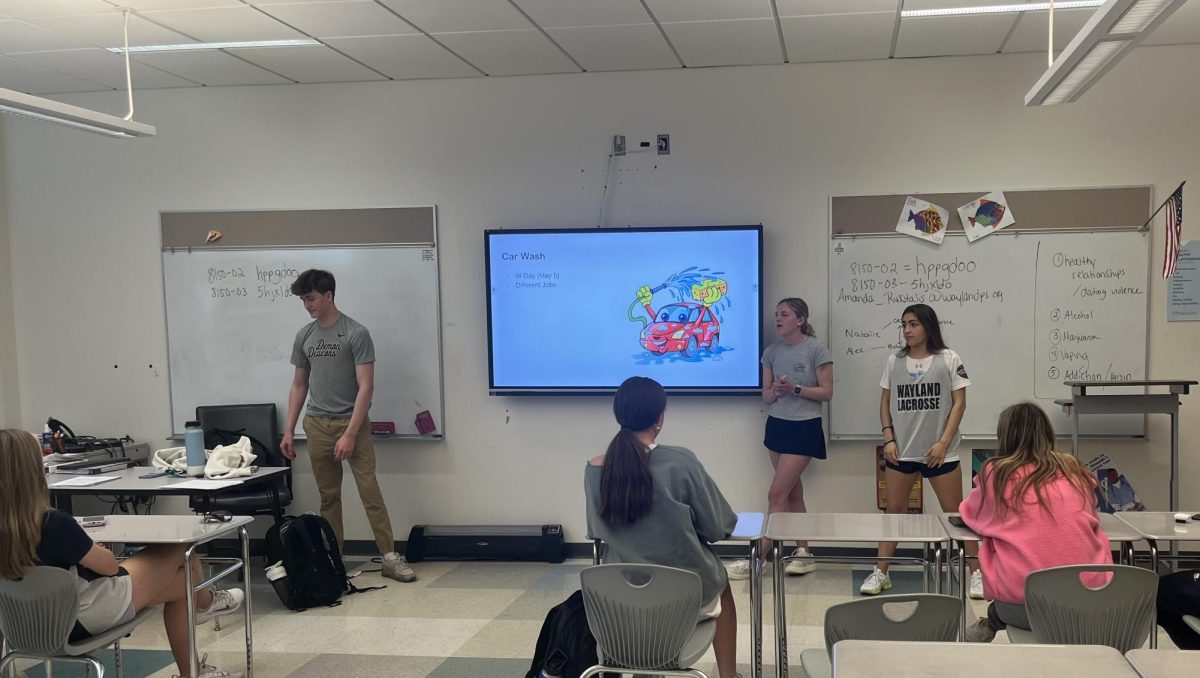












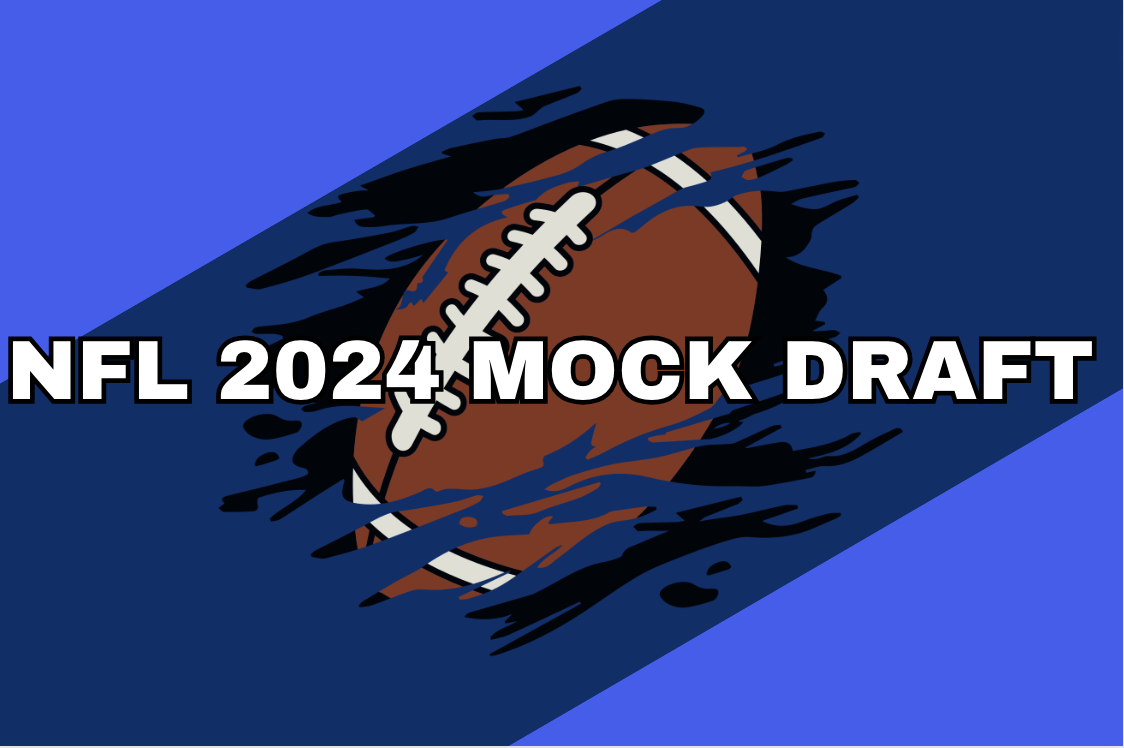




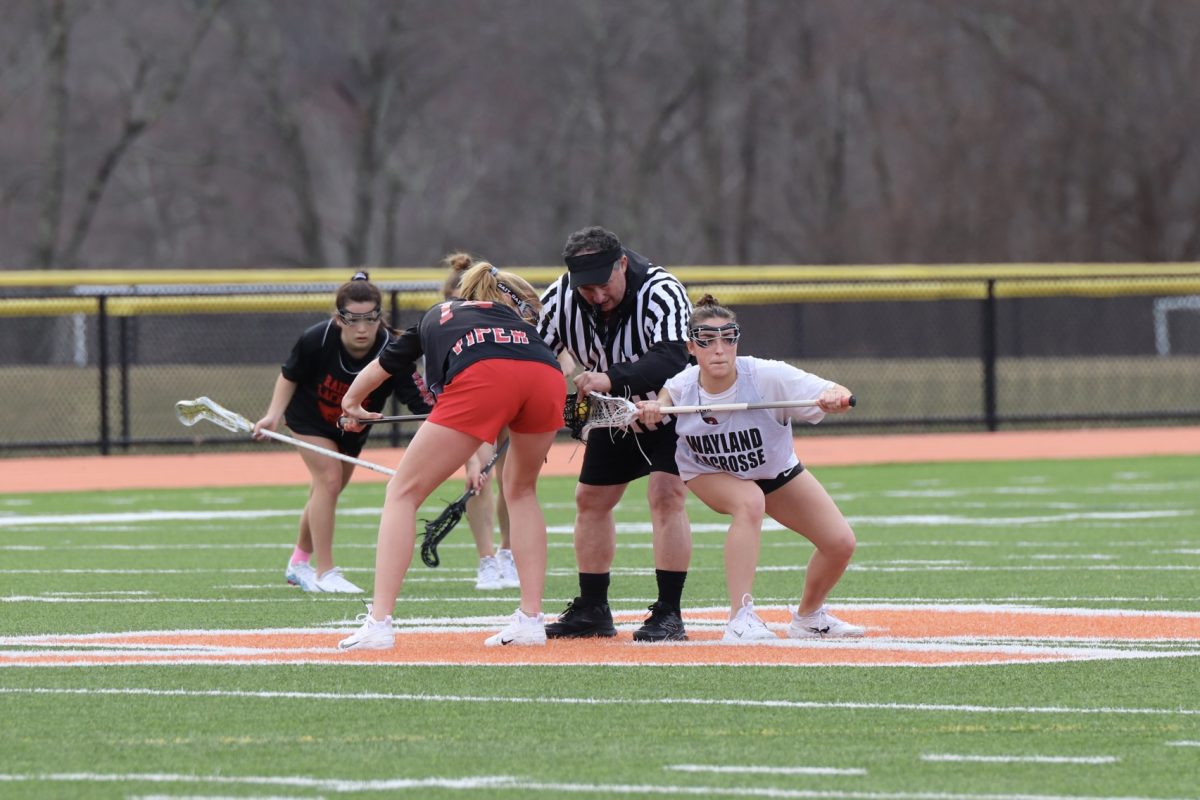









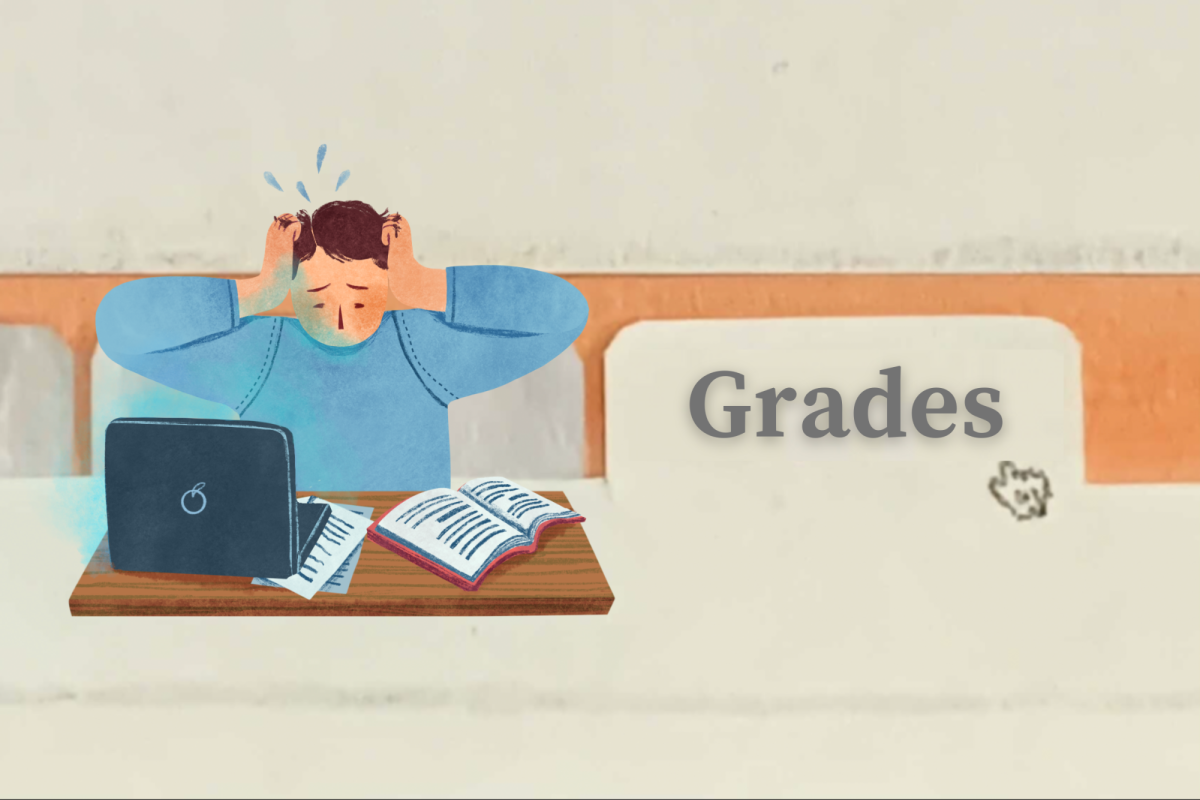
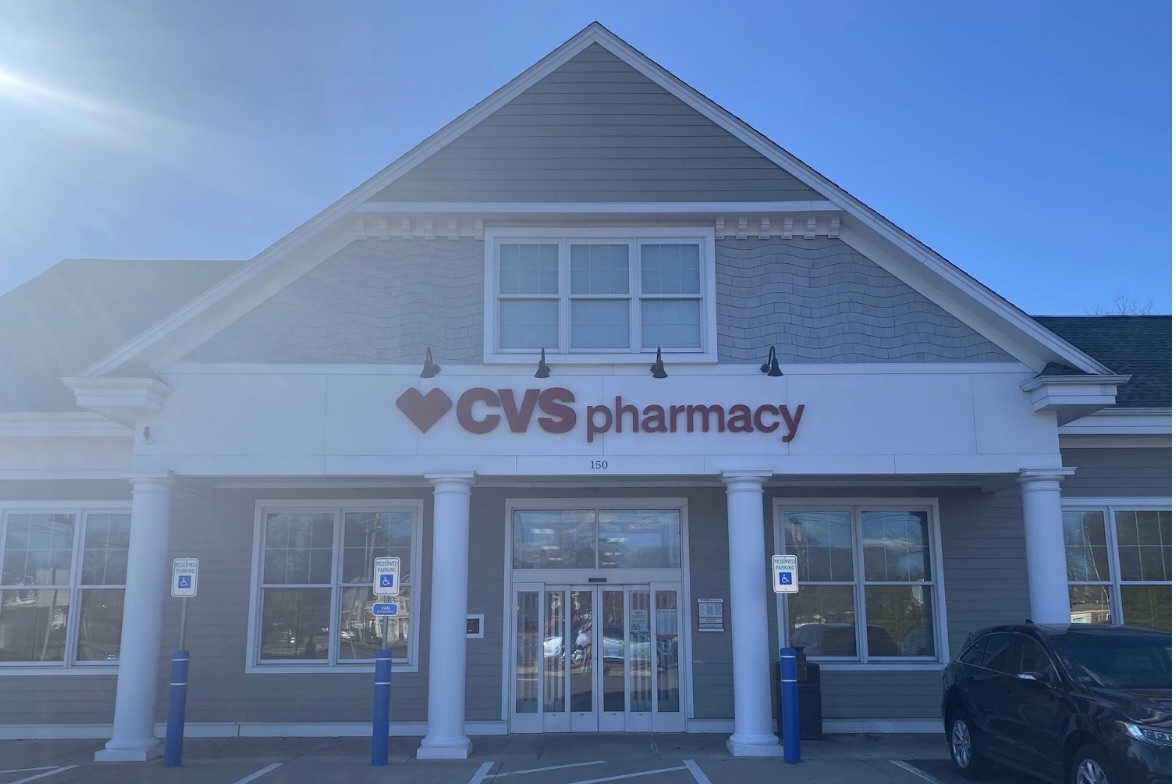















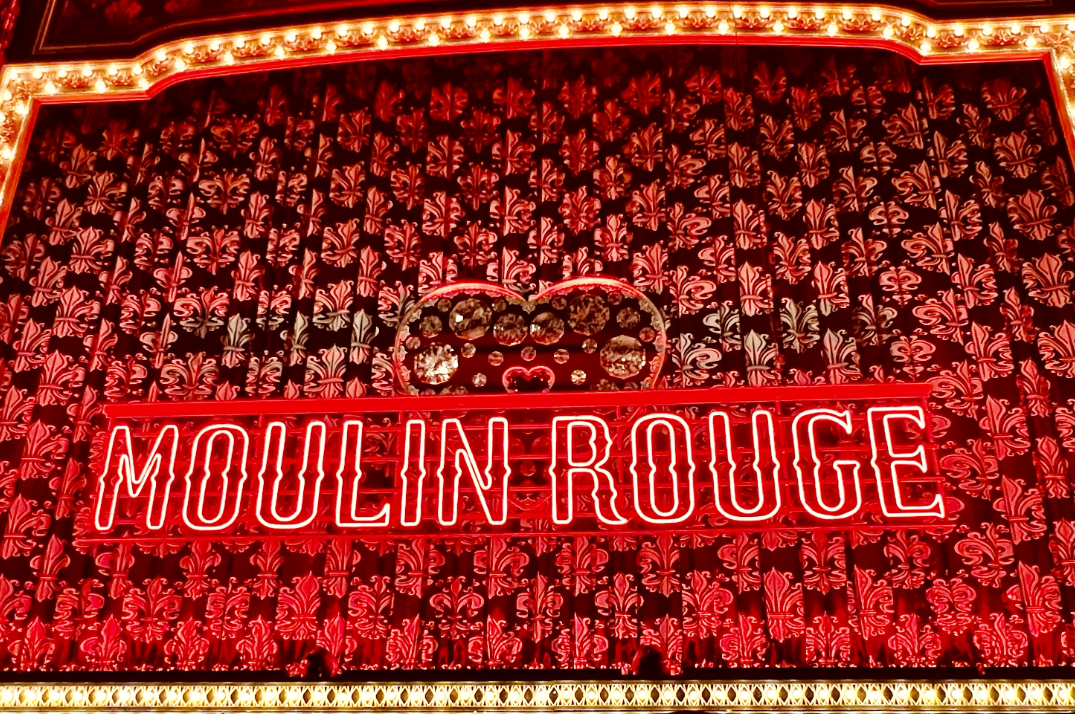








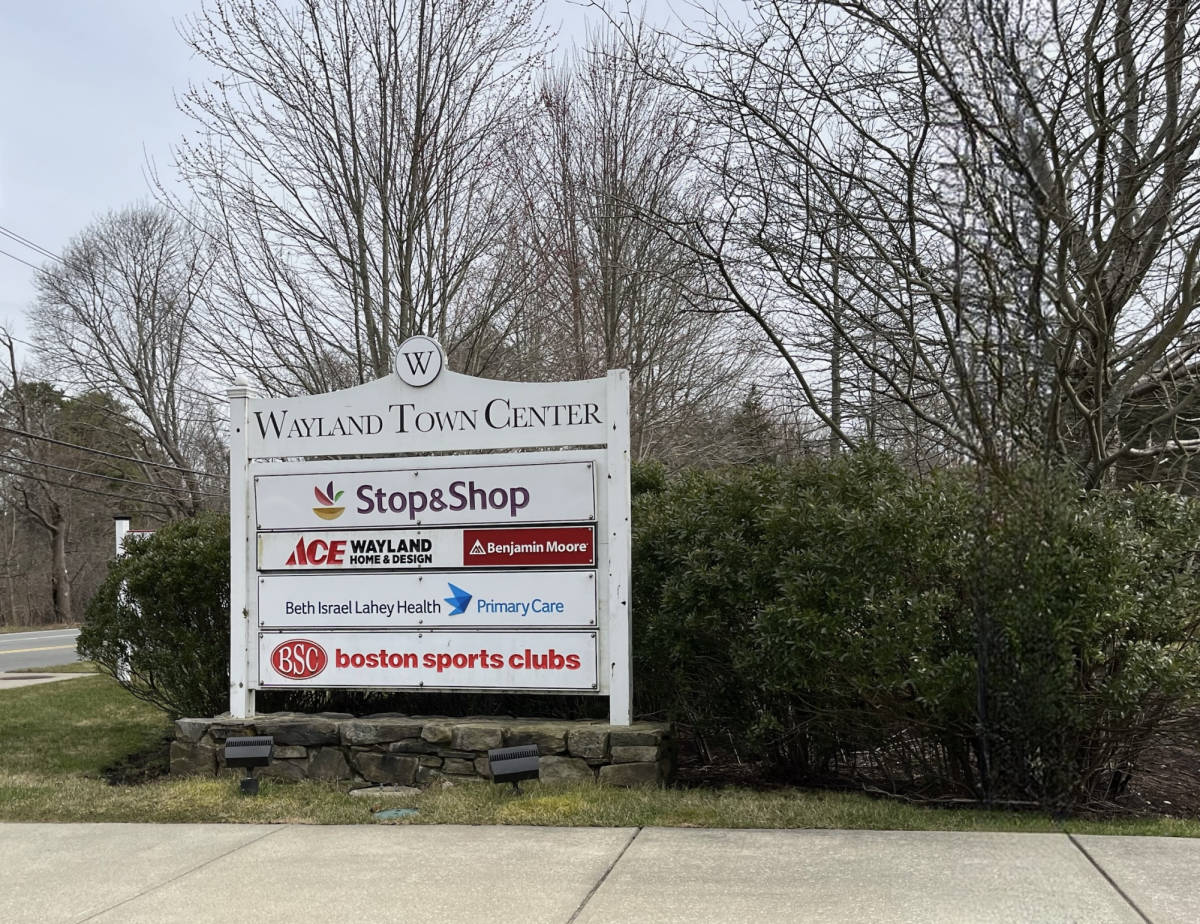











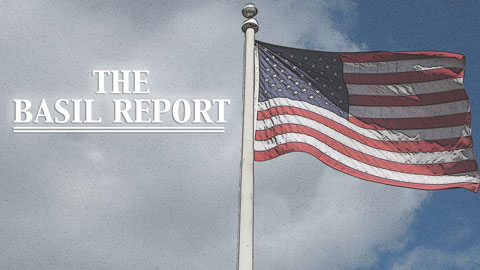

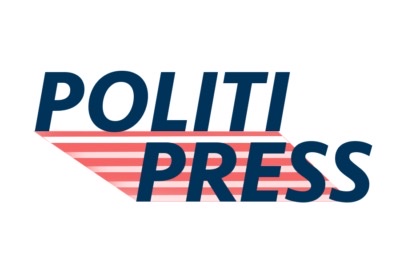


me. • May 1, 2010 at 3:00 AM
Billy Mays? too soon.
Ben schattenburg • Apr 29, 2010 at 12:30 PM
I agree.